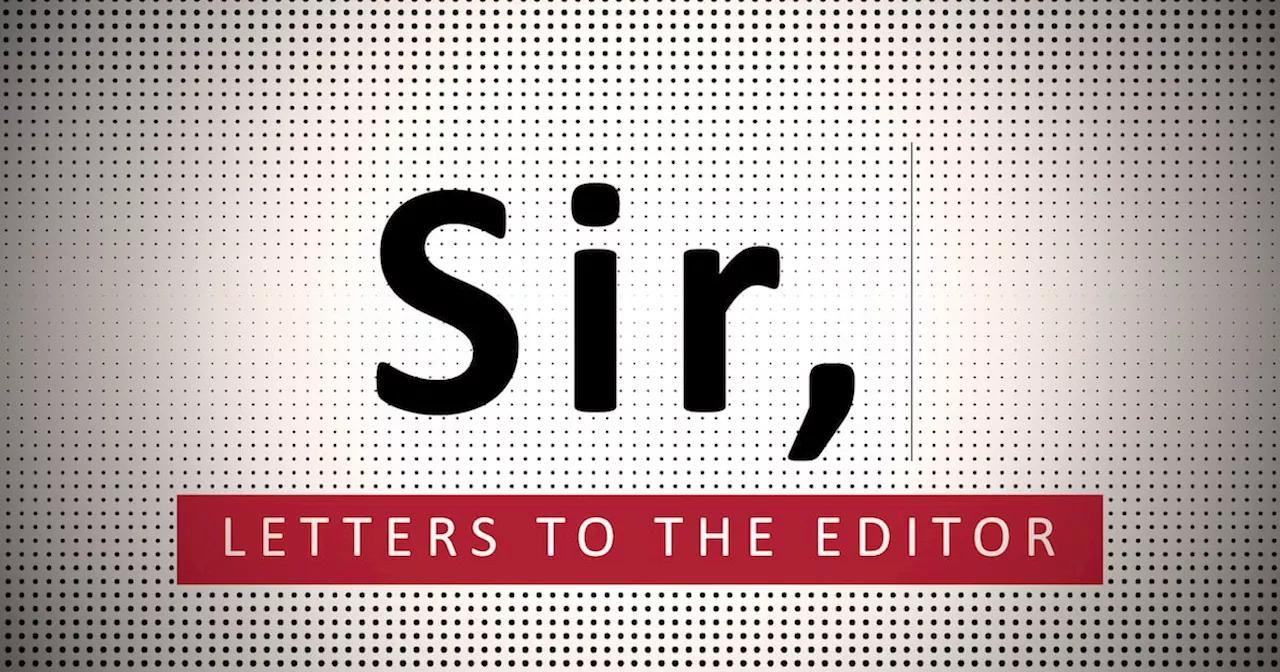Billions of dollars in gold are flowing out of war-torn Sudan - and helping to keep the conflict boiling
Sudanese soldiers stand guard in the basement of a building used as an arms depot by the RSF in Omdurman, in the western part of the capital, on April 25, 2024. Famine and ethnic cleansing stalk Sudan. Yet the gold trade is booming, enriching generals and propelling the fight. , the flight manifest showed. The gold itself had been smuggled from Darfur, a region of famine and fear in Sudan that is largely under his group’s brutal control.
Indeed, billions of dollars in gold are flowing out of Sudan in virtually every direction, helping to turn the Sahel region of Africa into one of the world’s largest gold producers at a time when prices are hitting record highs. “Gold is destroying Sudan,” said Suliman Baldo, a Sudanese expert on the nation’s resources, “and it’s destroying the Sudanese.”
“It’s nothing, just an area in Darfur that belongs to us,” he told the New York Times in a 2019 interview, trying to downplay its significance. Yet when it comes to gold, the Emiratis are also helping to fund the opposing side. An Emirati company, linked by officials to the royal family, owns the largest industrial mine in Sudan. It sits in government-controlled territory and delivers a chunk of money to the army’s cash-strapped war machine – yet another example of the dizzying array of alliances and counter-alliances fuelling the war.
“I shouted and screamed,” said Zuhal al-Zein Hussain, a woman from Darfur who recounted being gang-raped by RSF fighters last year. “But it was useless.” When Dagalo seized a major gold mine in Darfur in 2017 – in effect becoming Sudan’s biggest gold trader overnight – he channelled the profits into a network of as many as 50 companies that paid for weapons, influence and fighters, the UN says.One company anchors his empire of guns and gold. It’s called Al Junaid, and the United States sanctioned it last year, saying that gold had become “a vital source of revenue” for Dagalo and his fighters.
A looted home in Omdurman, the western part of Sudan’s capital, Khartoum. Photograph: Ivor Prickett/New York Times The alliance is about weapons as well as money. UN investigators have documented missile shipments from Wagner to the RSF. The plane that landed in South Sudan on March 5th to pick up that gold was not the usual bush hopper used by many smugglers in Africa.
After leaving Abu Dhabi, the Bombardier jet – with the same pilot and flight attendant – stopped off briefly in Uganda before landing in South Sudan. Though the plane had room for 15 passengers as well, only two were listed on a manifest obtained by the New York Times. Reached by phone, the senior Ugandan official confirmed that his passport details listed on the manifest were accurate, though he denied being on the plane or transporting any gold from Sudan. But the three people involved with or briefed on the deal said he was seen standing outside the Bombardier jet as porters loaded it with cases of gold weighing as much as 550kg in all.
On March 6th, the Bombardier jet landed back in Abu Dhabi, just before 3am, at the Al Bateen Executive Airport used by business and government jets, flight data shows. It’s called the Kush mine, with giant excavators and expensive machinery that churns out gold and generates precious income for Sudan’s wartime government.They thought the mine – out in the desert, 350km from the capital – was controlled by Boris Ivanov, a Russian mining executive with ties to the Kremlin who flourished in the upheaval of post-Soviet Russia.
Putin singled out the “flagship” project at the first Russia-Africa summit in 2019, and he named the Russian company under US sanctions at the centre of the effort. Ivanov, the managing director of that company, also spoke at the summit, at a session titled “Using Minerals in Africa for the Benefit of Its Peoples.”
But when the Sudanese officials travelled to Abu Dhabi in 2021, they learned that Ivanov wasn’t the only one they were in business with. That means the Emiratis are in effect hedging their bets in Sudan’s war. In the past 18 months, they have smuggled vast amounts of weapons to the RSF, often under the guise of the Red Crescent, a potential war crime.
Ivanov remains in the public eye. With his wife and daughter, he attended a gala dinner in Manhattan in October for the Princess Grace Foundation. Hashim had stashed the family’s wedding jewellery in a hidden compartment under the back seat, and even inside the fuel tank, he said, adding: “It was our insurance policy.”
But even if the war’s foreign sponsors walked away, the gold trade is so lucrative that the belligerents could finance the conflict on their own, experts say.
Ireland Latest News, Ireland Headlines
Similar News:You can also read news stories similar to this one that we have collected from other news sources.
 Shein’s Irish unit sees billions of US revenue flows through itChinese fast-fashion giant reports €8.8 billion in revenue last year
Shein’s Irish unit sees billions of US revenue flows through itChinese fast-fashion giant reports €8.8 billion in revenue last year
Read more »
 Saving Billions in State Inefficiencies Will Fund Light RailRichard O’Donoghue, general secretary of the Independent Ireland party, outlined the party’s platform focusing on regional balance, cost-of-living measures, and infrastructure investments like light rail systems. He argued that the government waste could be reduced to fund these proposals.
Saving Billions in State Inefficiencies Will Fund Light RailRichard O’Donoghue, general secretary of the Independent Ireland party, outlined the party’s platform focusing on regional balance, cost-of-living measures, and infrastructure investments like light rail systems. He argued that the government waste could be reduced to fund these proposals.
Read more »
 Which party has the best plan for the Apple billions?Clear difference between outgoing Coalition and the parties on the left over how to use the money to address the housing crisis
Which party has the best plan for the Apple billions?Clear difference between outgoing Coalition and the parties on the left over how to use the money to address the housing crisis
Read more »
 X-rays show shrapnel and bullets buried in children caught in Sudan warBashair teaching hospital in Khartoum has treated 314 children under the age of 15 for wounds from gunshots or blasts this year
X-rays show shrapnel and bullets buried in children caught in Sudan warBashair teaching hospital in Khartoum has treated 314 children under the age of 15 for wounds from gunshots or blasts this year
Read more »
 Humanitarian crises in Sudan and GazaLevels of displacement, hunger and disease continue to rise
Humanitarian crises in Sudan and GazaLevels of displacement, hunger and disease continue to rise
Read more »
 Costing the election manifestos: Making sense of the billions being thrown out by parties to win your voteSinn Féin, Fine Gael and Fianna Fáil have both similarities and key differences in their spending plans - but will any of them be able to afford to keep their promises?
Costing the election manifestos: Making sense of the billions being thrown out by parties to win your voteSinn Féin, Fine Gael and Fianna Fáil have both similarities and key differences in their spending plans - but will any of them be able to afford to keep their promises?
Read more »
